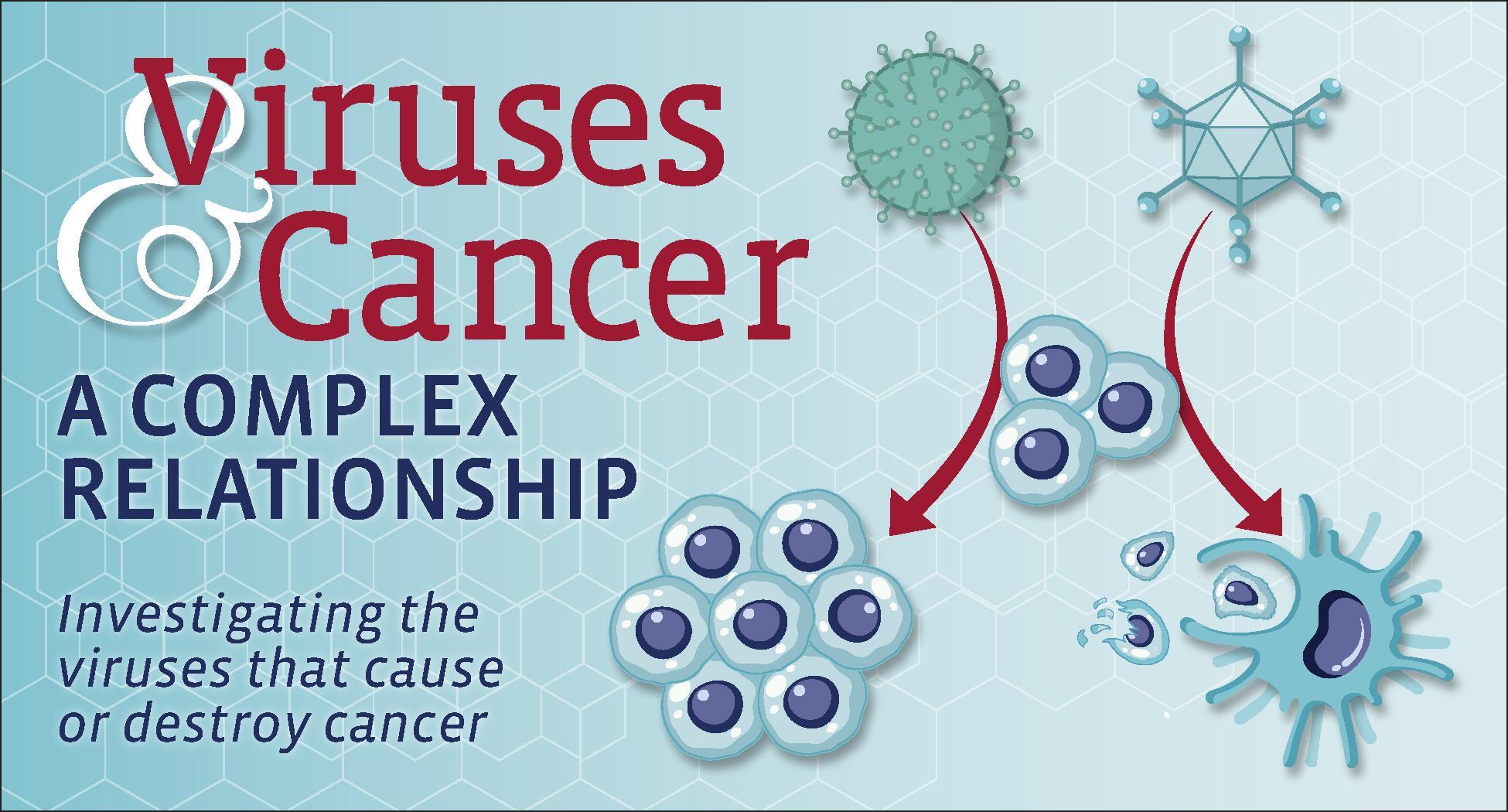
Oct. 16, 2024
Contact Luke Bussiere at 608-796-3470 or ldbussiere@viterbo.edu
ANNUAL VITERBO UNIVERSITY AGNES W.H. TAN SCIENCE SYMPOSIUM TO COVER CANCER/VIRUS CONNECTIONS OCT. 25
LA CROSSE, Wis. – The community is invited to learn about connections between viruses and cancer at Viterbo University’s fourth annual Agnes W.H. Tan Science Symposium, which takes place on campus from 8:30 a.m. to 2:30 p.m. Friday, Oct. 25.
“Viruses and Cancer: A Complex Relationship” will bring experts in the field to campus to present the latest research on oncolytic viruses, which kill cancers, and oncogenic viruses that cause cancers.
“Work done by both of these groups of researchers are vital in mitigating suffering in patients with cancer, the second leading cause of death in the United States,” said Luke Bussiere, a Viterbo biology professor whose own research has involved viral connections to cancer.
An estimated 15 percent of all cancers are caused by viruses, Bussiere noted.
“They often do this my integrating their genetic material into our genomes, which results in our cells inability to regulate their growth correctly,” he said. “Furthermore, some viruses also encode their own oncogenes, or cancer-causing genes, that purposely cause our cells to replicate uncontrollably. This uncontrollable growth is bad for us but good for a replicating virus.”
On the other hand, scientists have recognized for more than a century that viruses also can destroy cancer, but the study of oncolytic viruses has really taken off since the FDA approval in 2015 of the first treatment using a virus to kill cancer.
“The main idea behind using viruses to kill cancer is that viruses thrive when the immune system is weakened, and we find that tumors often have a weakened or suppressed immune response,” Bussiere said. “Therefore, if we can engineer or identify viruses that don’t replicate in the presence of the immune system, we can specifically target the virus to kill the tumor while leaving the host unharmed.”
The symposium’s keynote speaker is Vera Tarakanova, a professor of microbiology and immunology at the Medical College of Wisconsin in Milwaukee. She has led long-running research into gammaherpesviruses, which infect more than 95 percent of the human population and are associated with development of several malignancies, including lymphomas.
After Tarakanova’s keynote address, Julia Davydova and Kelly Makielski will present on viruses that kill cancers, followed by a presentation on viruses that cause cancers by Pippa Cosper and Megan Spurgeon. All of this takes place in the Viterbo Fine Arts Center Main Theatre.
The afternoon activities move to the Reinhart Center (room 134), where there will be a panel discussion with all speakers.
The Agnes W.H. Tan Science Symposium was created through the generosity of the late Viterbo alumna Agnes Tan, who earned a bachelor’s degree in chemistry from Viterbo in 1963. Tan went on to earn a PhD in biochemistry from the University of Minnesota in 1967. She enjoyed a long career in academic and applied health-related research as an assistant professor of biochemistry at the University of Minnesota and as a research chemist at Veterans Administration Hospital in Minneapolis.
“The symposium provides the opportunity to engage students with relevant themes in science, selected by students in the natural science programs at Viterbo, while also creating connections with local high school teachers, students, community, and medical institutions in the La Crosse area,” said Michael Alfieri, dean of the College of Engineering, Letters, and Sciences. “The symposium not only enriches students' academic experience but also strengthens ties with the community.”
Although the symposium is free and open to all, participants in any portion of the symposium are required to register. People can find complete schedule and presenter information and register online at www.viterbo.edu/tss.
-30-
